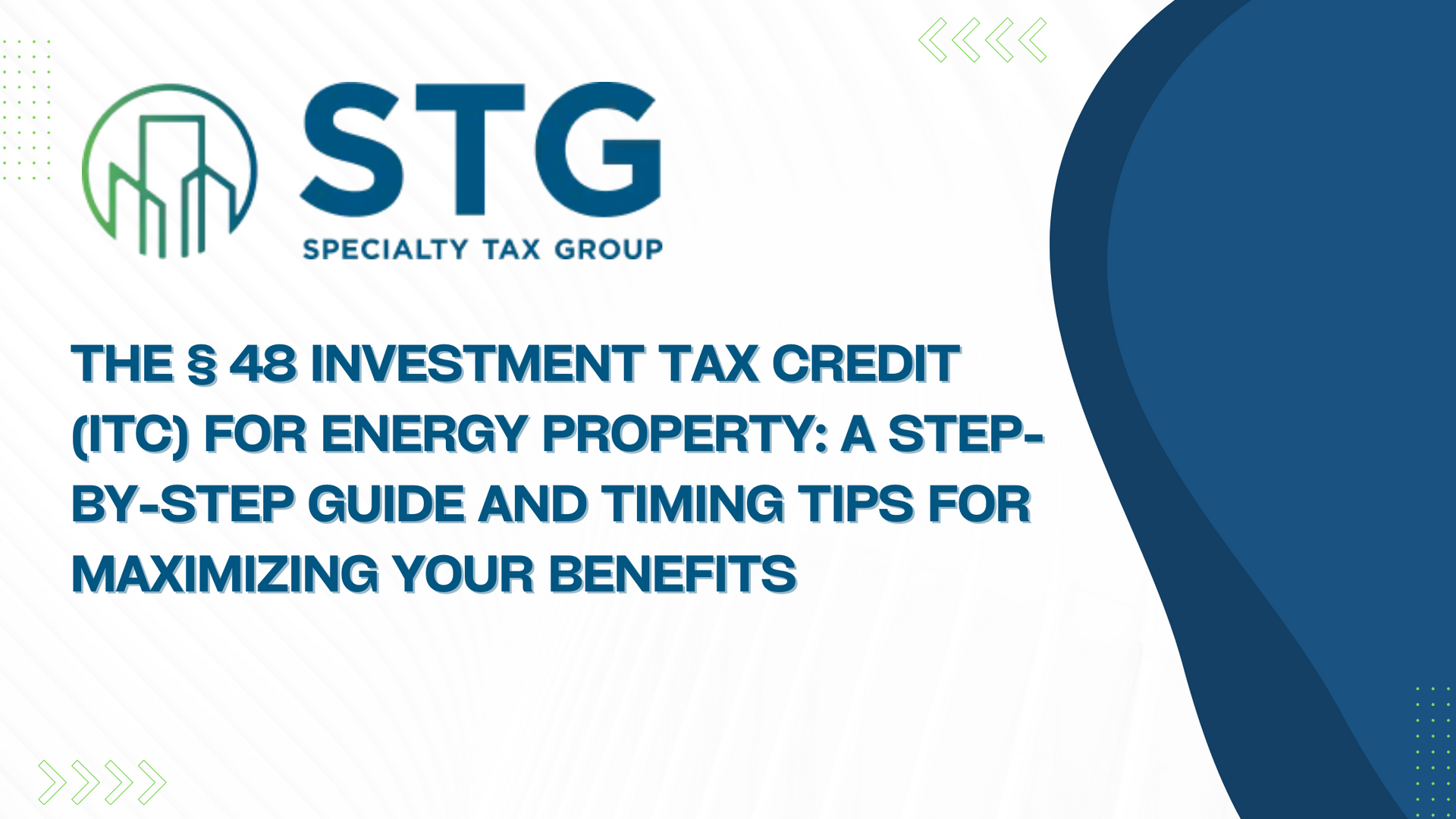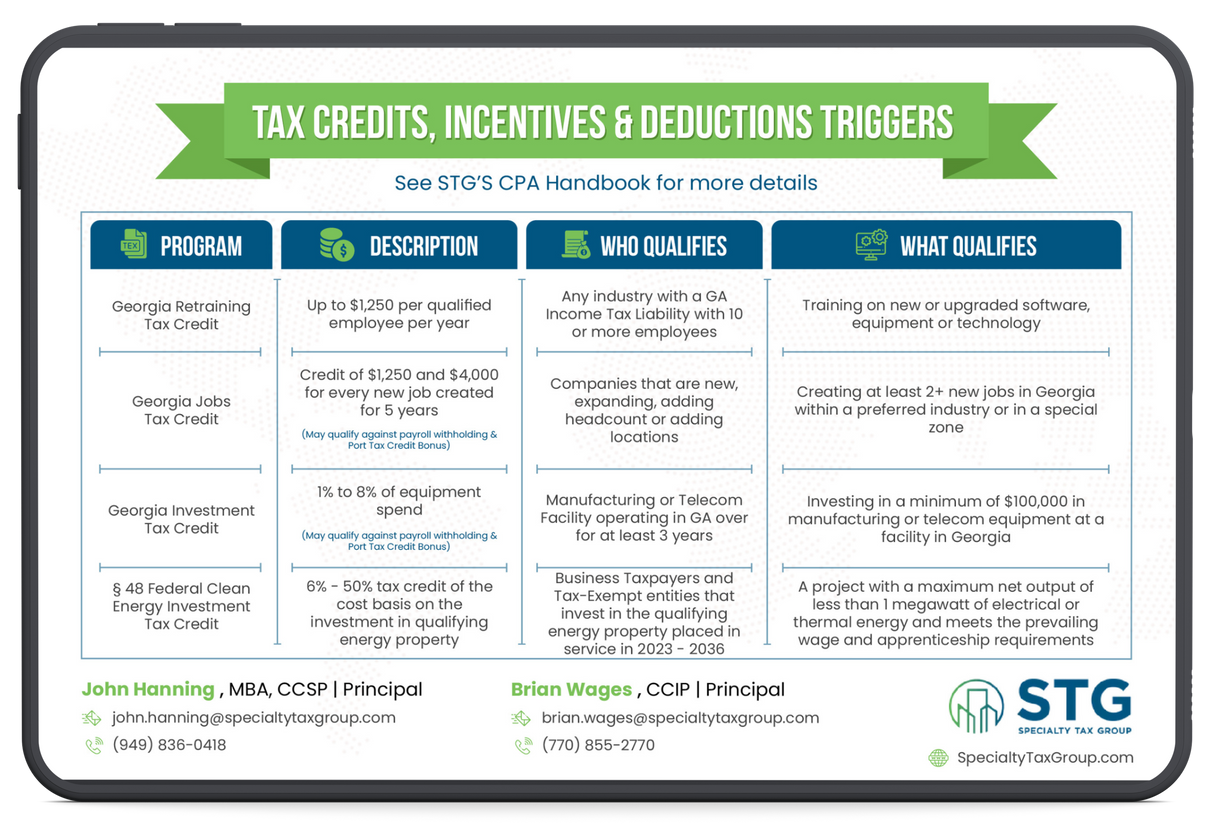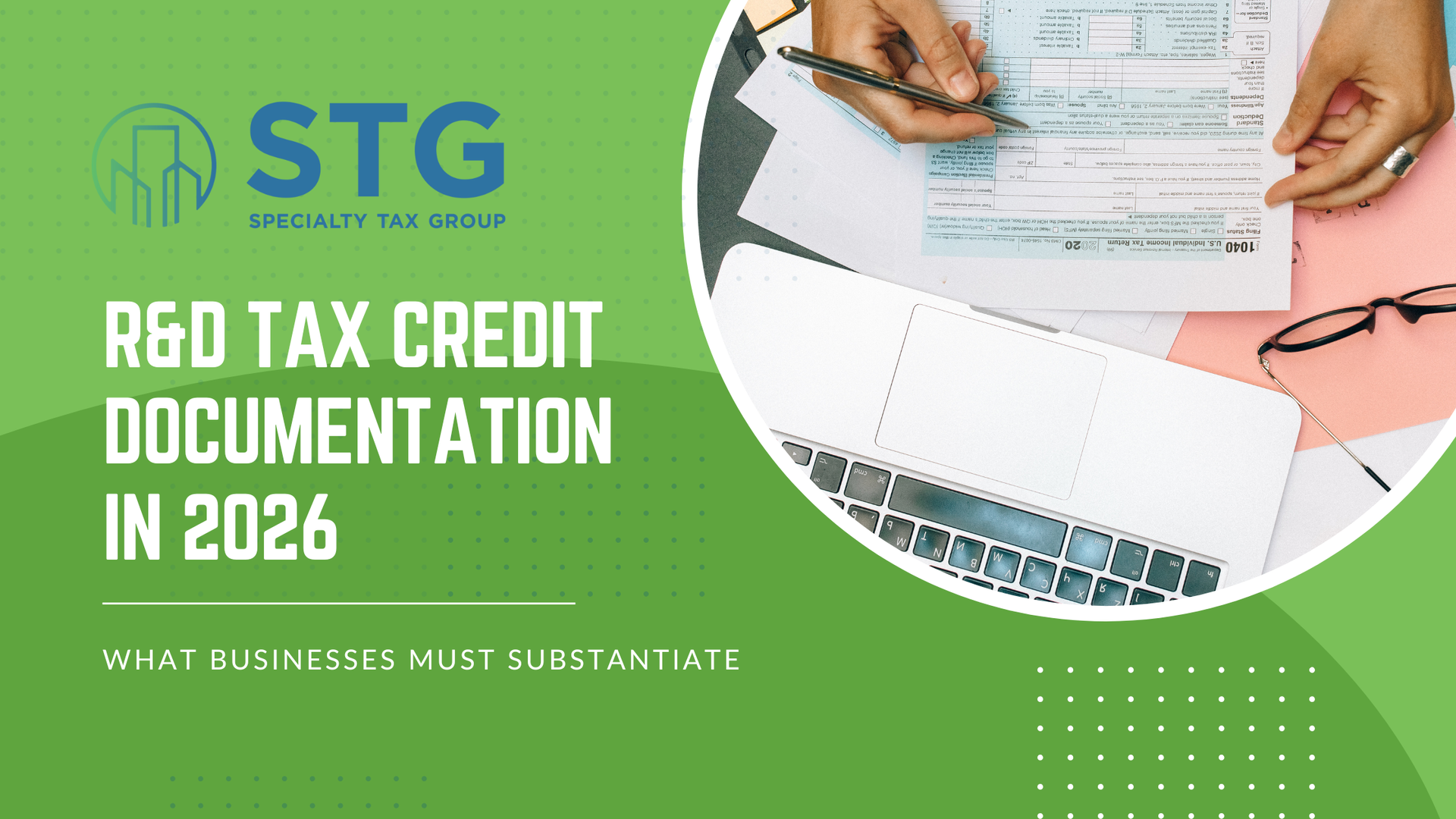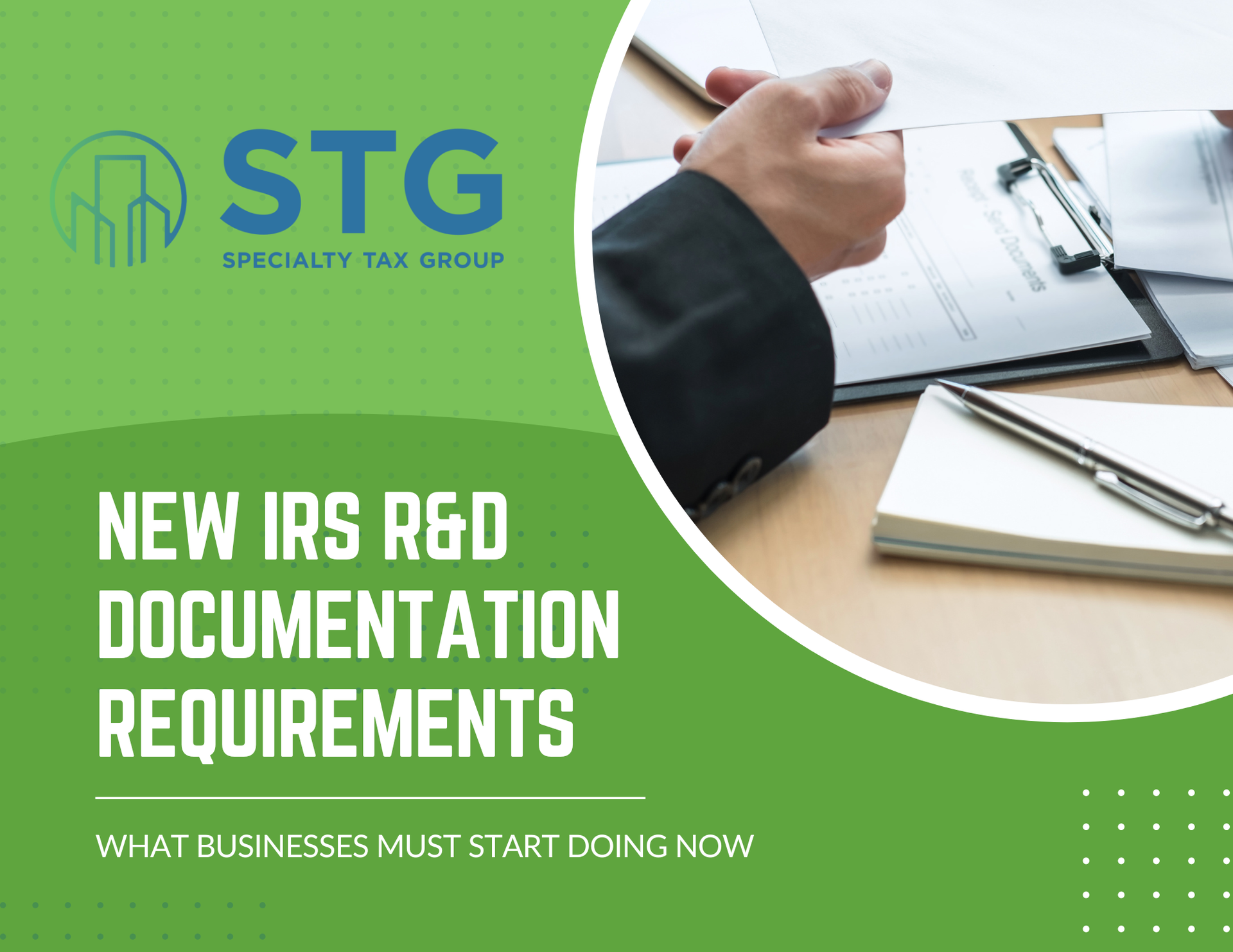This blog post has been researched, edited, and approved by John Hanning and Brian Wages. Join our newsletter below.
The § 48 Investment Tax Credit (ITC) for Energy Property: A Step-by-Step Guide and Timing Tips for Maximizing Your Benefits
The § 48 Investment Tax Credit (ITC) for Energy Property is vital to America’s clean energy development strategy. It offers a dollar-for-dollar tax reduction, enabling commercial and utility entities to significantly decrease their federal tax obligations while promoting sustainable energy initiatives.
History and Legal Framework
The § 48 Investment Tax Credit (ITC) for Energy Property was first established in 2006, with foundational regulations guiding investment in clean energy projects. The Inflation Reduction Act of 2022 expanded the program, enhancing eligibility and increasing potential benefits for qualifying projects.
The Internal Revenue Code Section 48 provides the legal framework for the ITC. Project owners can claim credits based on their investment in eligible energy properties, reflecting a commitment to advancing clean energy technology and providing financial incentives.
Qualifying Energy Property Types
Several categories of energy projects qualify for ITC benefits:
Primary Qualifying Energy Properties
| Property Type | Description |
|---|---|
| Solar Energy | Systems generating electricity or illumination |
| Geothermal | Energy property and heat pump systems |
| Energy Storage | Technology for power storage and distribution |
| Waste Energy | Recovery and conversion systems |
| Combined Heat and Power | Integrated energy systems |
| Microturbine | Small-scale power generation units |
| Fuel Cell | Clean energy conversion technology |
Eligibility Criteria
Qualified projects must meet specific criteria:
- Projects generating less than 1 megawatt of electrical or thermal energy automatically qualify.
- Projects that began construction before January 29, 2023, maintain eligibility under previous guidelines.
- Compliance with prevailing wage and apprenticeship requirements is essential for enhanced credit rates, ensuring fair labor practices.
Credit Calculation and Benefits
The base ITC rate starts at 6% for energy storage projects. Strategic planning can unlock substantial increases:
ITC Rate Structure
| Credit Component | Rate Increase |
|---|---|
| Base Rate | 6% |
| Bonus Rate | +24% (up to 30%) |
| Domestic Content | +10% |
| Energy Community | +10% |
| Maximum Potential | 50% |
Maximizing ITC Benefits
Project timing is crucial for optimizing ITC benefits. Understanding construction deadlines and qualification requirements helps maximize credit potential. Financial teams should integrate ITC considerations into broader tax strategies to optimize credit utilization and maintain compliance.
Non-tax-exempt entities can leverage Section 6418 to sell their credits to unrelated parties, creating financing opportunities for clean energy projects. Additionally, the Direct Pay option under Section 6417 allows tax-exempt organizations to receive refundable credits, expanding ITC access.
Documentation and Compliance
Maintaining comprehensive records supports successful credit claims. Essential documentation includes:
Required Documentation
| Category | Components |
|---|---|
| Technical Specifications | Project design and capacity details |
| Financial Records | Investment costs and payment verification |
| Labor Compliance | Wage records and apprenticeship documentation |
| Timeline Evidence | Construction start dates and milestones |
Future Outlook and Opportunities
The clean energy landscape continues evolving, with potential expansions of ITC benefits through future legislation. Emerging technologies may qualify for credits, creating new opportunities for sustainable investment.
American leadership in clean energy financing strengthens through programs like the § 48 Investment Tax Credit (ITC) for Energy Property. This positions U.S. businesses advantageously in the global renewable energy market.
Next Steps for Your ITC Strategy
Understanding and leveraging the § 48 Investment Tax Credit (ITC) for Energy Property requires careful planning and expertise. Success depends on thorough compliance with requirements while maximizing available benefits.
For expert guidance on optimizing your clean energy tax credits, schedule with us at Specialty Tax Group. Our specialized knowledge ensures you capture maximum value from available incentives while maintaining full compliance with IRS guidelines.






